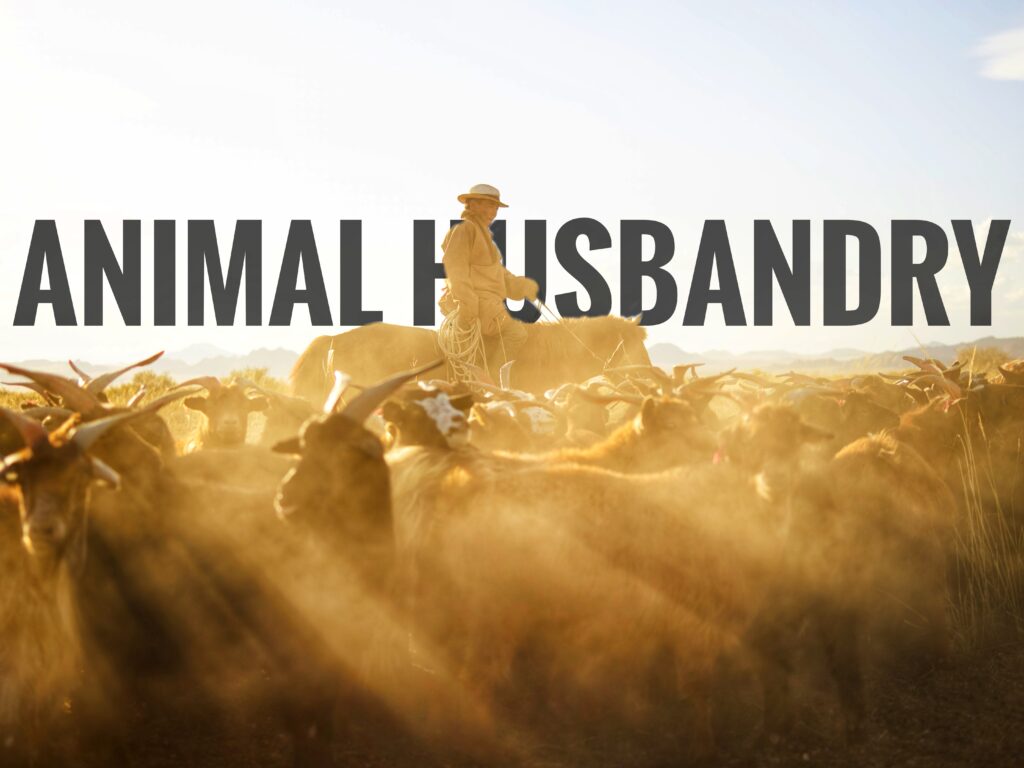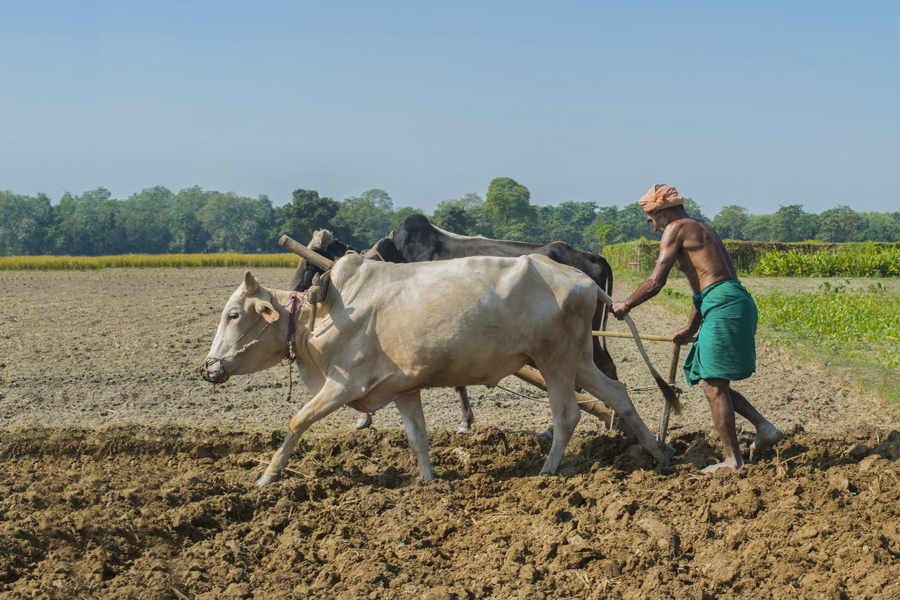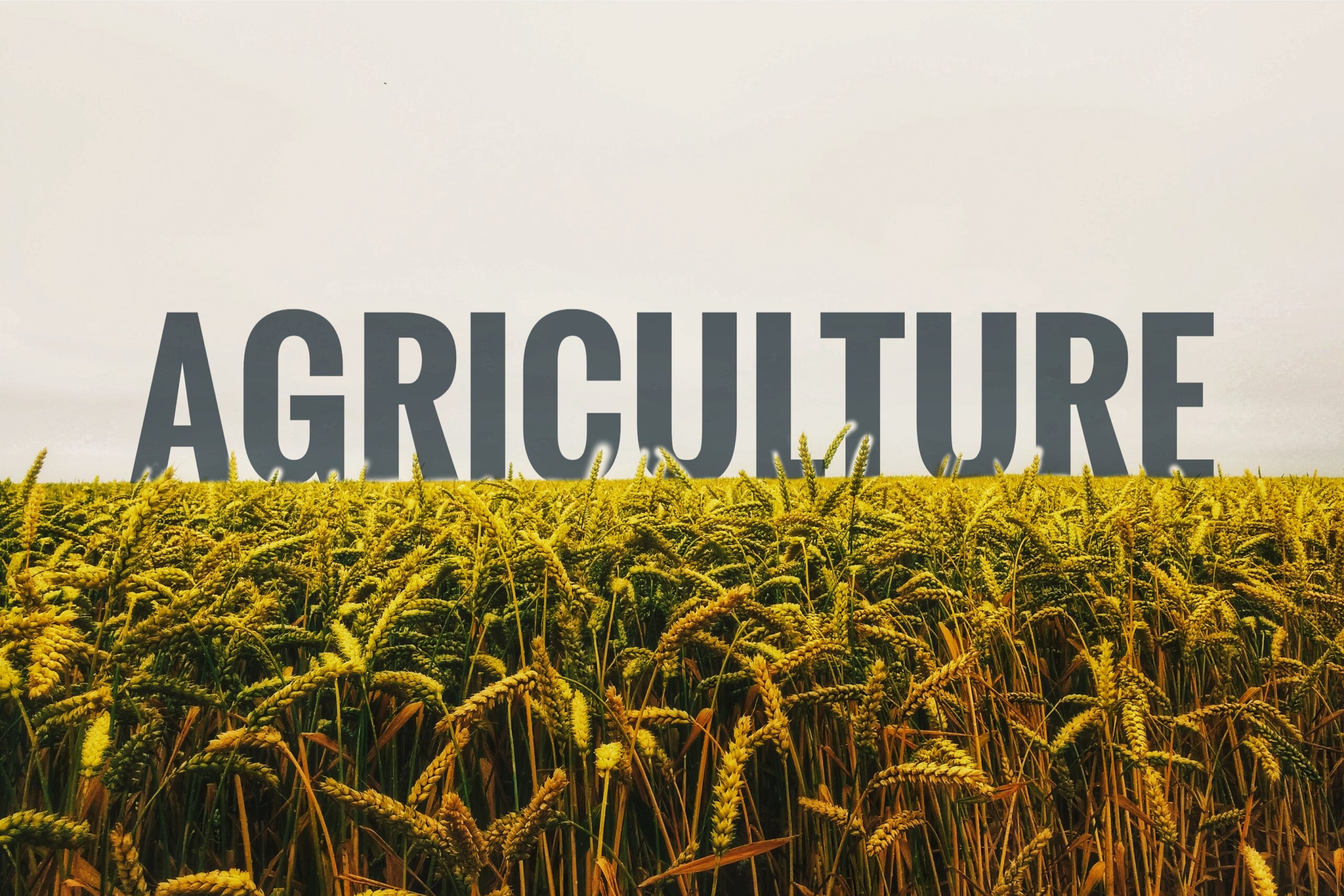Animal Husbandry: Caring for Animals for a Better Future
Animal husbandry is the practice of breeding and raising livestock. It plays a crucial role in agriculture, providing us with food, clothing, and other products. In this blog post, we’ll explore what animal husbandry is, its importance, and the different aspects involved in caring for animals.

What is Animal Husbandry?
Animal husbandry involves the management and care of farm animals such as cows, sheep, goats, pigs, chickens, and more. This practice includes feeding, breeding, housing, and overall health management of these animals to ensure they produce high-quality products like milk, meat, eggs, wool, and leather.
It is a branch of agricultural science, which deals with the study of various breeds of domesticated
animals and their management for obtaining better products and services from them is known as Animal Husbandry.
Key Areas of Animal Husbandry
- Breeding: This involves selecting the best animals to reproduce, aiming to improve the quality and productivity of livestock. Techniques like artificial insemination and selective breeding help achieve better traits in animals.
- Feeding: Proper nutrition is vital for the health and productivity of animals. Animal husbandry focuses on providing balanced diets that meet the nutritional needs of different livestock species.
- Health Management: Keeping animals healthy is essential. This includes regular veterinary care, vaccinations, and preventive measures to protect animals from diseases and parasites.
- Housing: Providing a safe and comfortable living environment is crucial. Good housing protects animals from extreme weather, predators, and ensures their well-being.
- Animal Welfare: Ensuring animals are treated humanely is an integral part of animal husbandry. This includes proper handling, minimizing stress, and providing a good quality of life for the animals.
Importance of Animal Husbandry
Animal husbandry is vital for several reasons:
- Food Production: Livestock provides essential products like meat, milk, eggs, and dairy products, contributing significantly to our food supply.
- Economic Contribution: The livestock industry supports millions of jobs worldwide, from farmers and veterinarians to food processing workers and retailers.
- Sustainable Agriculture: Livestock can play a role in sustainable farming practices, such as using manure as fertilizer and integrating animal and crop production systems.
- Cultural Significance: In many cultures, livestock holds significant cultural and social value, playing a role in traditions, festivals, and livelihoods.
Types of Livestock in Animal Husbandry
- Cattle: Cows and bulls are raised for meat (beef), milk, and leather. Dairy farming focuses on milk production, while beef cattle are bred for their meat.
- Poultry: Chickens, ducks, turkeys, and geese are raised primarily for their meat and eggs. Poultry farming is a significant source of protein in diets worldwide.
- Sheep and Goats: These animals are raised for their meat, milk, and wool. Sheep wool is widely used in the textile industry, while goat milk is used for dairy products like cheese.
- Pigs: Pigs are bred for pork, a major source of meat globally. Pig farming focuses on efficient meat production and ensuring the health and welfare of the animals.
- Other Livestock: This includes animals like horses, camels, rabbits, and bees, each providing unique products and services.
Sustainable Practices in Animal Husbandry
Modern animal husbandry emphasizes sustainability. Here are some practices that promote sustainable livestock farming:
- Rotational Grazing: This involves moving animals between pastures to prevent overgrazing and maintain soil health.
- Integrated Farming Systems: Combining crop and livestock farming can enhance resource efficiency, reduce waste, and improve soil fertility.
- Organic Farming: Avoiding synthetic chemicals and focusing on natural feeds and treatments to promote animal health and environmental sustainability.
- Waste Management: Properly managing animal waste to reduce pollution and using manure as a natural fertilizer for crops.
Conclusion
Animal husbandry is a vital part of agriculture, providing us with essential products while supporting economies and promoting sustainable farming practices. By focusing on the health, welfare, and productivity of livestock, we can ensure a steady supply of food and other animal products.
Whether you’re interested in farming, animal care, or sustainable practices, understanding animal husbandry is crucial for a better and more sustainable future. By caring for our animals, we contribute to a healthier, more balanced ecosystem and a secure food supply for generations to come.

